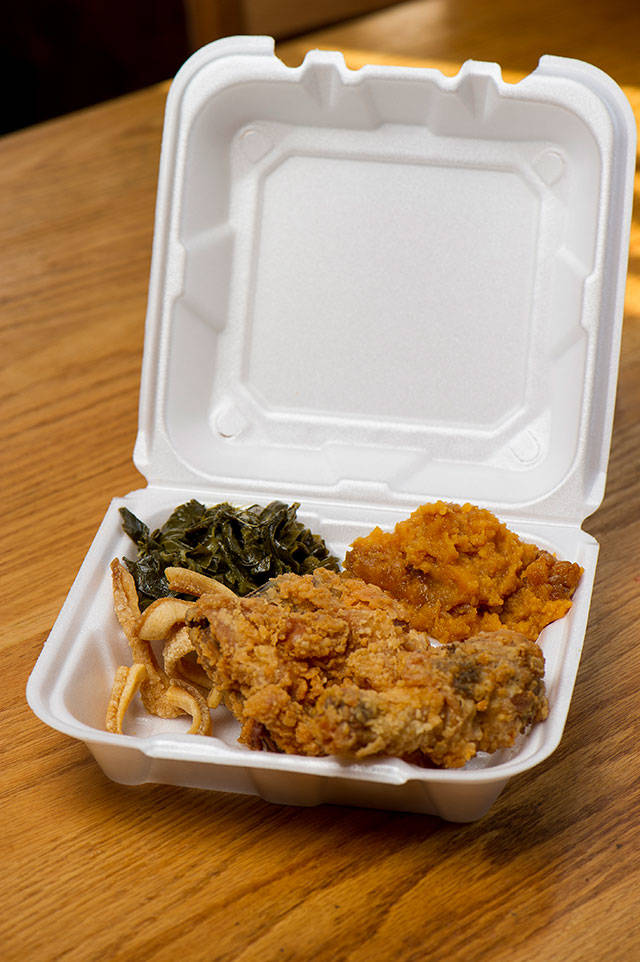The state Senate passed a bill on a 29-19 vote Monday in Olympia that would reduce pollution by prohibiting the sale and distribution of most expanded polystyrene (Styrofoam) products.
The bill heads to the House for consideration. Sen. Mona Das, D-Kent, sponsored Senate Bill 6213.
“Styrofoam is a toxic material that we simply cannot reuse or recycle,” Das said in a Washington State Senate Democrats news release. “It’s bad for our planet and it’s bad for people. I was proud to sponsor legislation to ban single-use plastics for the same reason I am proud to sponsor this ban of Styrofoam. It’s a step toward environmental stewardship, it’s good for local economies, and it’s an important part of giving our kids and grandkids a healthy, clean earth.”
Effective June 1, 2022, this bill would prohibit the sale, manufacture and distribution of Styrofoam-type food service products, coolers and packaging materials in or into the state of Washington. Food service products include food containers, plates, clam shells and hot and cold beverage cups.
It exempts packaging for raw, uncooked or butchered meat, fish and poultry, as well as packaging for seafood, vegetables, fruit and egg cartons. It also exempts Styrofoam products used to transport or store biological materials such as medicals items. Wholesale or retail establishments who use Styrofoam coolers to transport perishable items are also exempted from this prohibition.
“Styrofoam foodware with food waste attached is not recyclable and is a major problem for our recycling facilities,” said Heather Trim, executive director of Zero Waste Washington. “We hope Washington will ultimately join the three other states that have passed similar laws.”
The city of Seattle passed a ban in 2008.
“Soundkeeper cleaned up over 10,000 pounds of trash in 2019, including a significant amount of Styrofoam products and pieces,” said Alyssa Barton of Puget SoundKeeper Alliance. “We support this bill, which will help prevent Styrofoam marine debris by stopping pollution at its source.”
Das, following the bill’s first public hearing, said it took a team effort to bring the measure forward.
“Industry leaders, environmental advocates, and concerned communities all had a seat at the table,” Das said. “Some of the most powerful testimony came from a couple bright fifth graders from my district, who spoke about the toxicity and unsustainable nature of Styrofoam.
“This bill takes measurable steps in the right direction while being sensitive to the needs of local economies and industries. It was shaped by so many voices, from start to finish. Ultimately, this policy will reduce the impact of Styrofoam production on our finite, nonrenewable resources and its impact on wildlife, and keeps our state on track with the growing number of cities and states that have passed Styrofoam bans.”
Talk to us
Please share your story tips by emailing editor@kentreporter.com.
To share your opinion for publication, submit a letter through our website https://www.kentreporter.com/submit-letter/. Include your name, address and daytime phone number. (We’ll only publish your name and hometown.) Please keep letters to 300 words or less.

